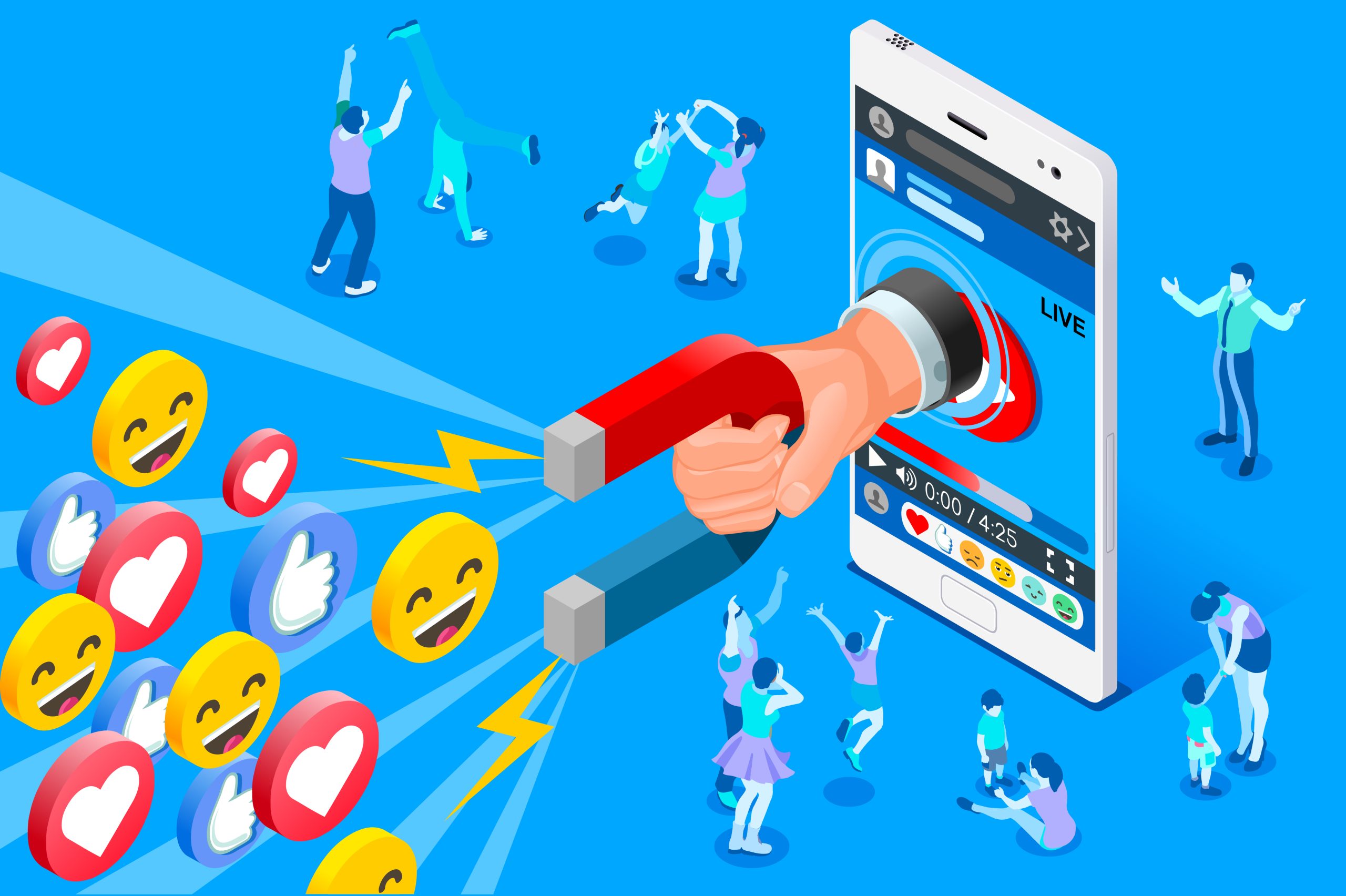Introduction: The Puzzling Rise of Teen Depression
Hi there, I’m Dr. Sarah Jones, a child and adolescent psychologist with over 15 years of experience working with teenagers. In recent years, I’ve observed a troubling increase in depression and anxiety among teens. While the exact causes are multifaceted, the growing presence of social media in their lives has emerged as a potential contributing factor. As a parent, it’s natural to feel concerned. Could your teen’s constant phone use be linked to their low mood? Let’s delve into the connection between technology and mental health, and explore strategies to help your teen thrive.
The Allure of Social Media: Why Teens Love Their Phones
Teens gravitate towards social media for a variety of reasons. These platforms offer a sense of connection, belonging, and community. They allow teens to stay in touch with friends, express themselves creatively, and explore their identities. Social media can also be a source of entertainment and humor. Studies by Dr. Larry Rosen, a psychology professor specializing in the impact of technology on teens, highlight the “positive reinforcement loop” created by social media. “Likes,” comments, and shares trigger the release of dopamine, a neurotransmitter associated with pleasure and reward. This positive reinforcement keeps teens coming back for more, fostering a sense of validation and social approval.

Unfiltered Lives & FOMO: How Social Media Can Negatively Impact Teens
However, the curated perfection often portrayed on social media can have a negative impact on teens’ self-esteem. Teenagers are bombarded with images of seemingly flawless lives, unrealistic beauty standards, and meticulously crafted online personas. This constant comparison can lead to feelings of inadequacy, low self-esteem, and social anxiety. A 2022 study published in the Journal of Youth and Adolescence found a correlation between increased social media use and heightened feelings of “Fear of Missing Out” (FOMO). Teens constantly exposed to friends’ seemingly exciting experiences may feel left out or pressure to participate in risky behaviors to keep up with their online peers.
Sleepless Nights & Cyberbullying: The Downside of Constant Connection
The constant connectivity facilitated by social media can also disrupt sleep patterns, a crucial factor for teenage mental health. The blue light emitted from phone screens can suppress melatonin production, a hormone that regulates sleep-wake cycles. Sleep deprivation can lead to fatigue, difficulty concentrating, irritability, and exacerbate symptoms of depression. Additionally, the anonymity offered by online interactions can embolden bullies. Cyberbullying can be relentless and far-reaching, causing significant emotional distress, social isolation, and even suicidal ideation in teens.
Finding Balance: Promoting Healthy Phone Habits for Teens
The good news is that you can help your teen develop a healthy relationship with technology. Here are some strategies to consider:
- Open Communication: Talk openly with your teen about your concerns around their social media use. Encourage them to share their experiences online, both positive and negative.
- Quality Time Together: Prioritize spending quality time together as a family, engaging in activities that don’t involve screens. This fosters a strong connection and provides an opportunity to discuss challenges they may be facing online.
- Set Clear Boundaries: Collaborate with your teen to establish clear boundaries around phone use. This could involve setting screen-free zones in the house, designating specific times for checking social media, or implementing time limits for overall phone use.
- Focus on Real-World Activities: Encourage your teen to participate in hobbies and activities outside the digital world. This could be anything from sports and music to volunteering and spending time in nature. Engaging in real-life activities fosters a sense of accomplishment, social connection, and well-being.

Open Communication & Quality Time: Building Stronger Connections
Remember, open communication and a strong parent-child relationship are key to fostering healthy technology habits in your teen. Focus on building trust and creating a safe space where your teen feels comfortable expressing their concerns and challenges online. Schedule regular phone-free family dinners or outings, allowing for meaningful conversations and shared experiences. By prioritizing quality time together, you can create a strong foundation for healthy emotional development.
When to Seek Professional Help: Recognizing Signs of Depression
While occasional low mood is a normal part of life, persistent feelings of sadness, hopelessness, and loss of interest in activities they once enjoyed could be signs of depression. Here are some additional warning signs to watch out for:
- Changes in sleep or appetite
- Social withdrawal
- Difficulty concentrating
- Irritability or anger
Self-harm or suicidal thoughts
If you suspect your teen is engaging in self-harm or experiencing suicidal ideation, it’s crucial to seek professional help immediately. Don’t hesitate to reach out to a trusted therapist or mental health professional. There are also resources available online and hotlines you can call, such as the National Suicide Prevention Lifeline (1-800-273-8255) which provides 24/7 support.
Conclusion: Empowering Teens to Thrive in a Digital World
Technology is here to stay, and social media platforms can be valuable tools for connection and self-expression. However, it’s important to be mindful of the potential downsides and help your teen develop a healthy relationship with technology.
By adopting the strategies outlined above, you can empower your teen to navigate the digital world with confidence. Remember, open communication, setting clear boundaries, and prioritizing quality time together are crucial. Model responsible technology use yourself, and create a safe space where your teen feels comfortable discussing any concerns they may have online.












